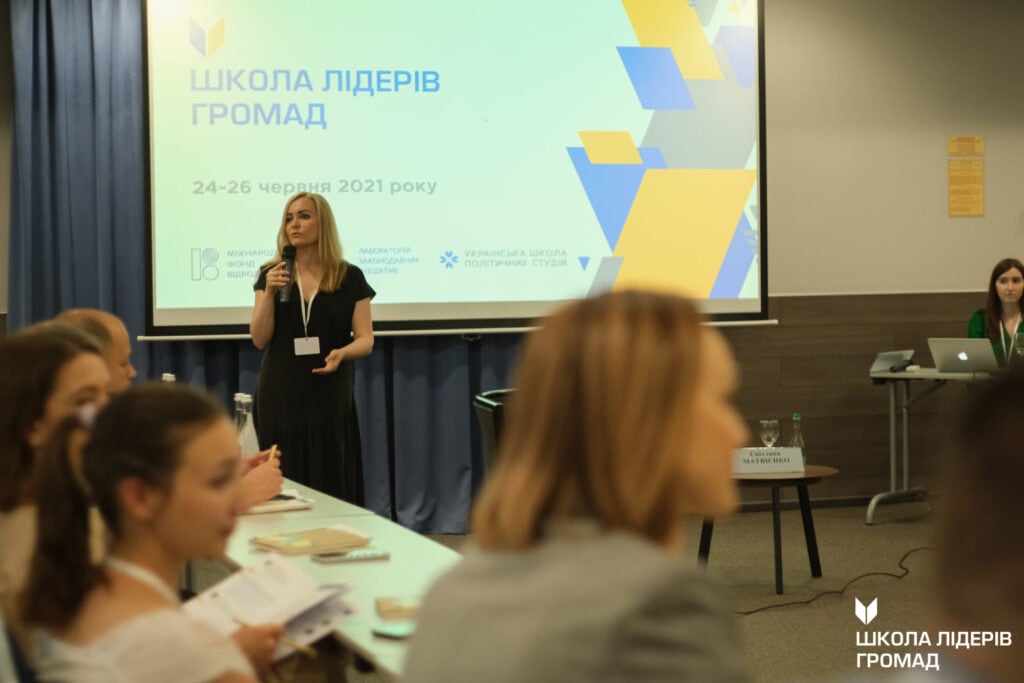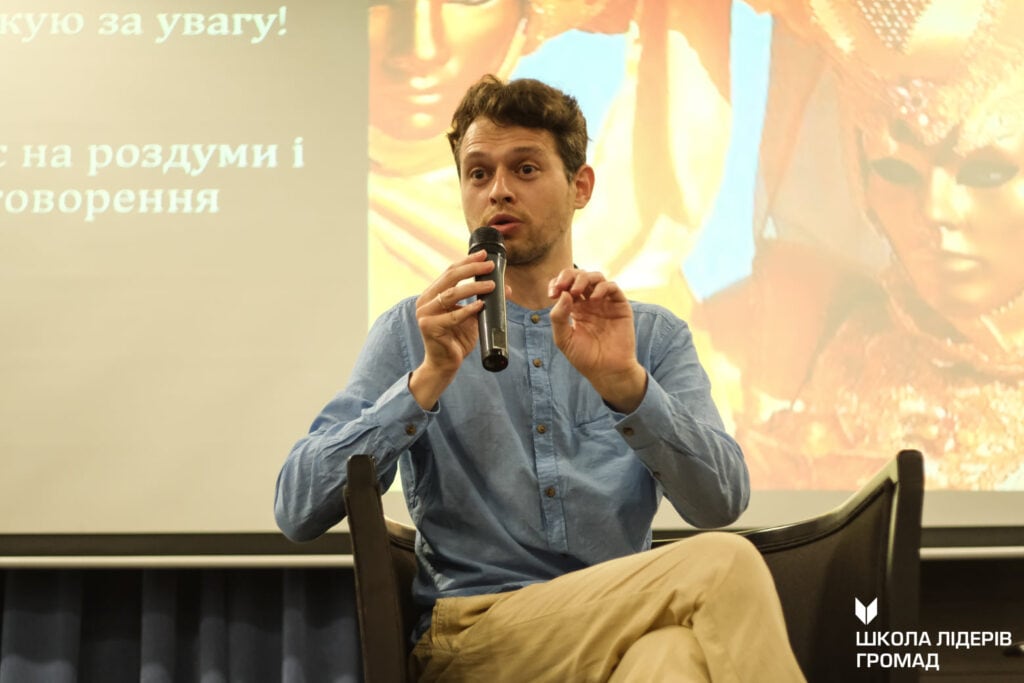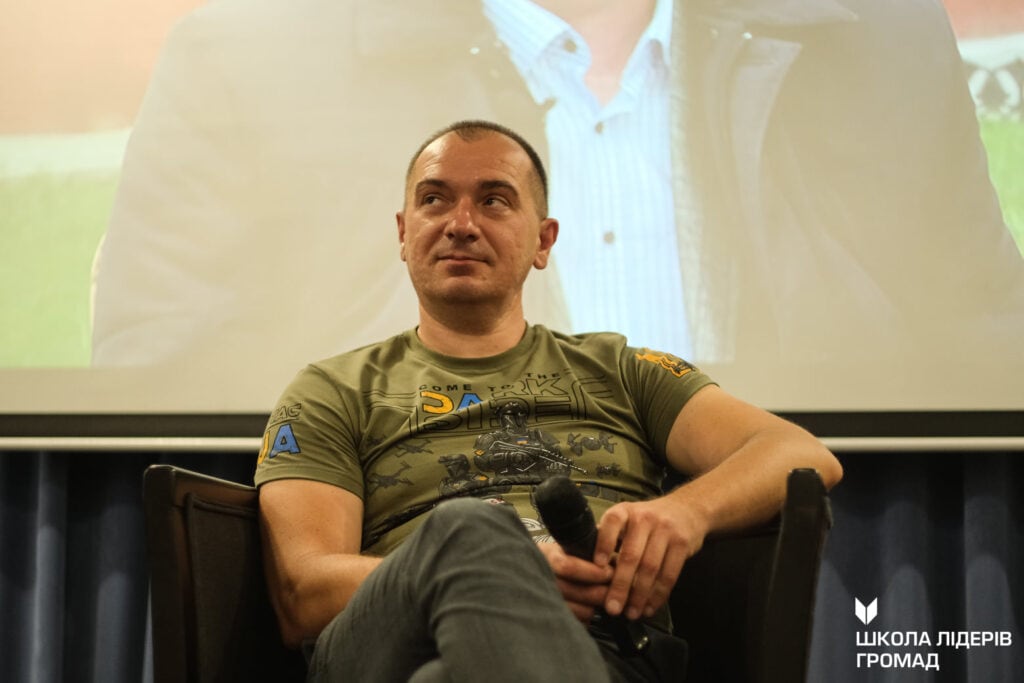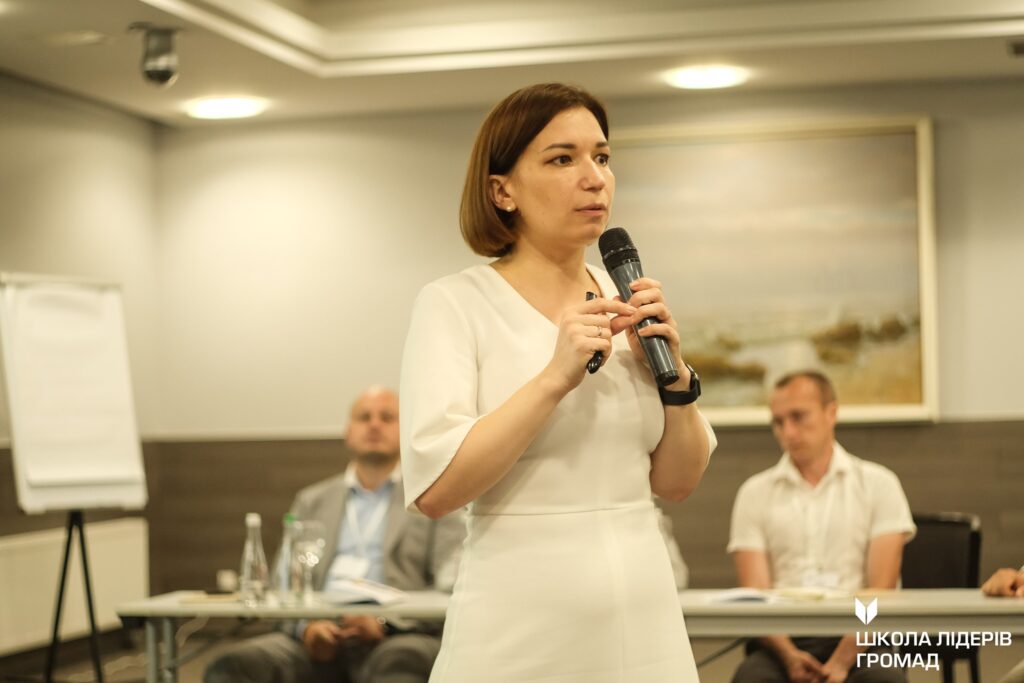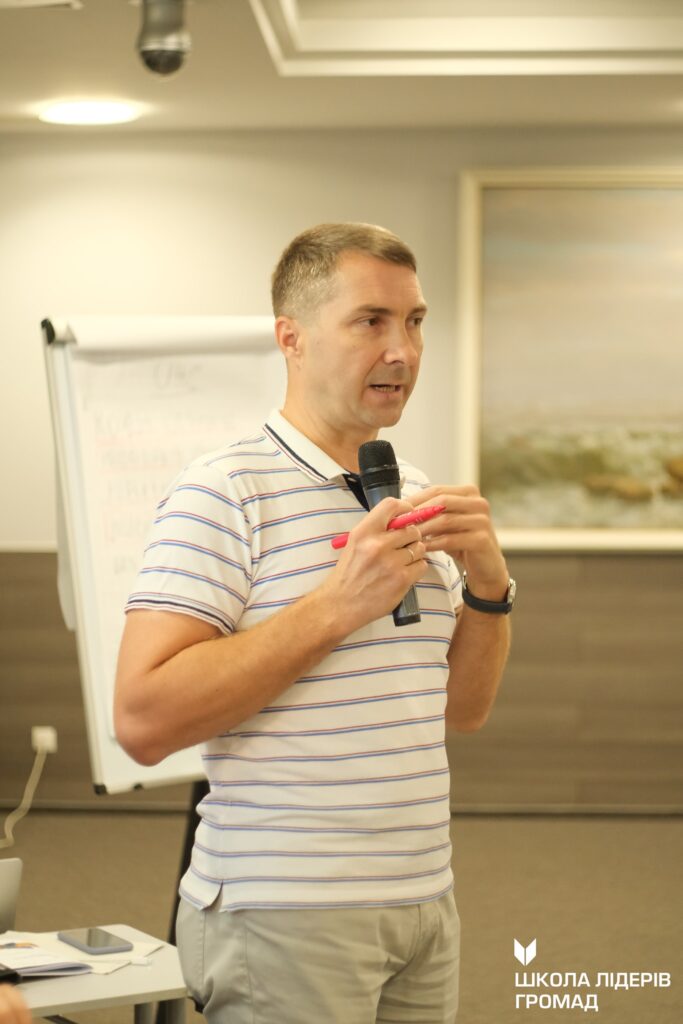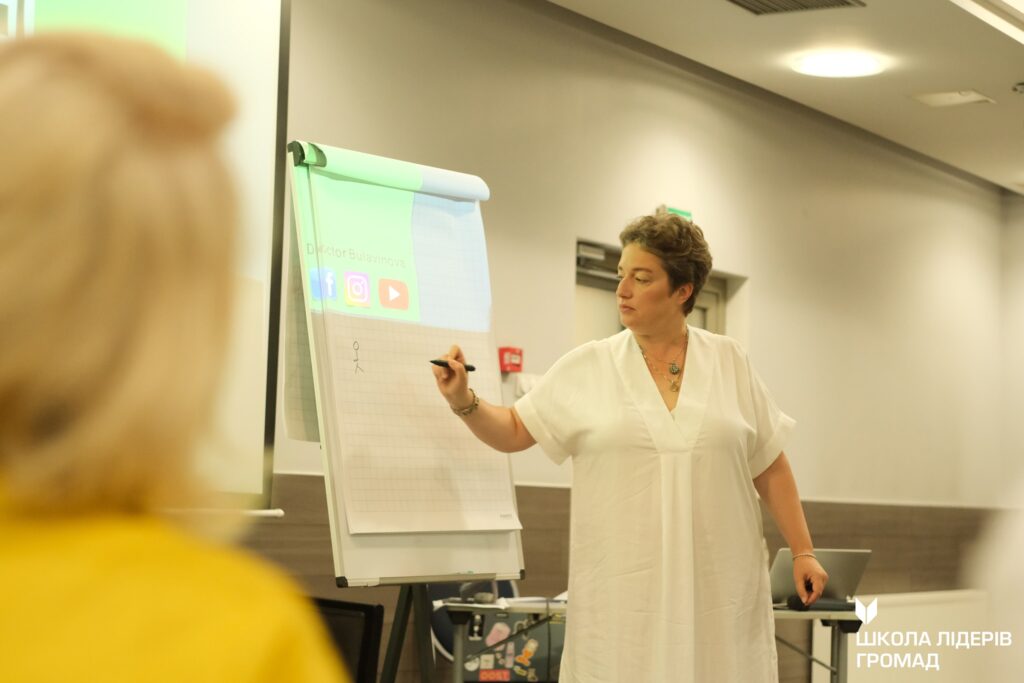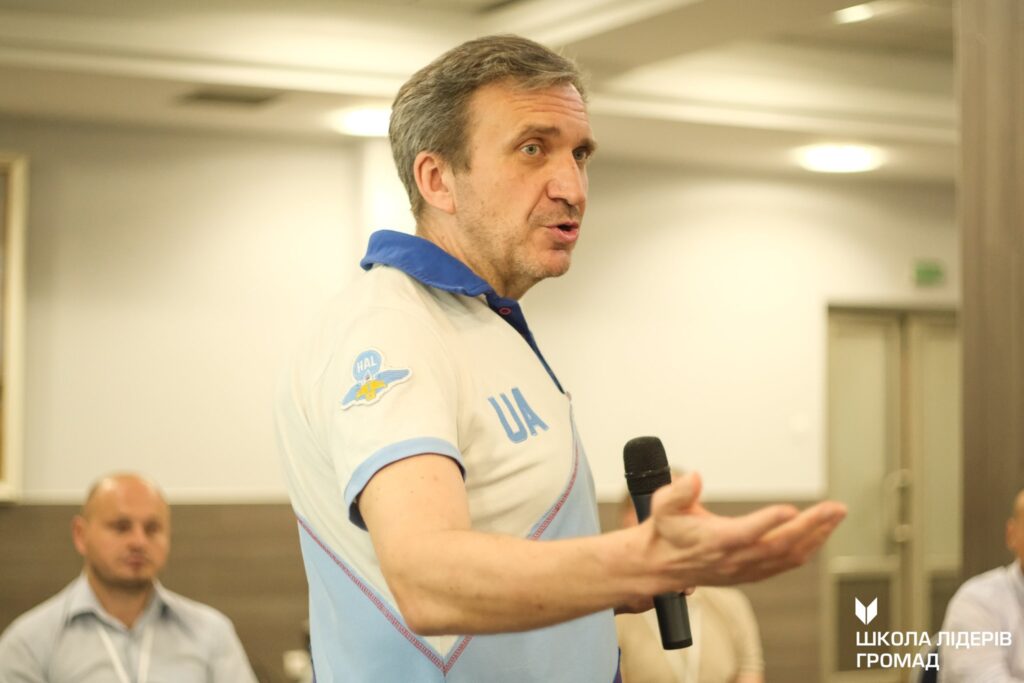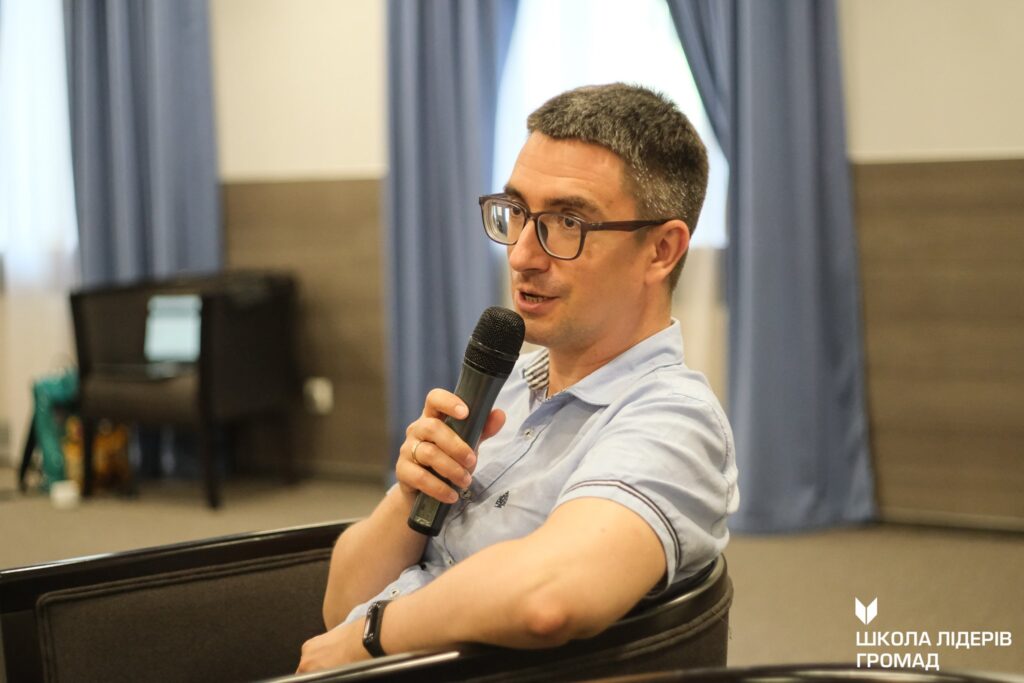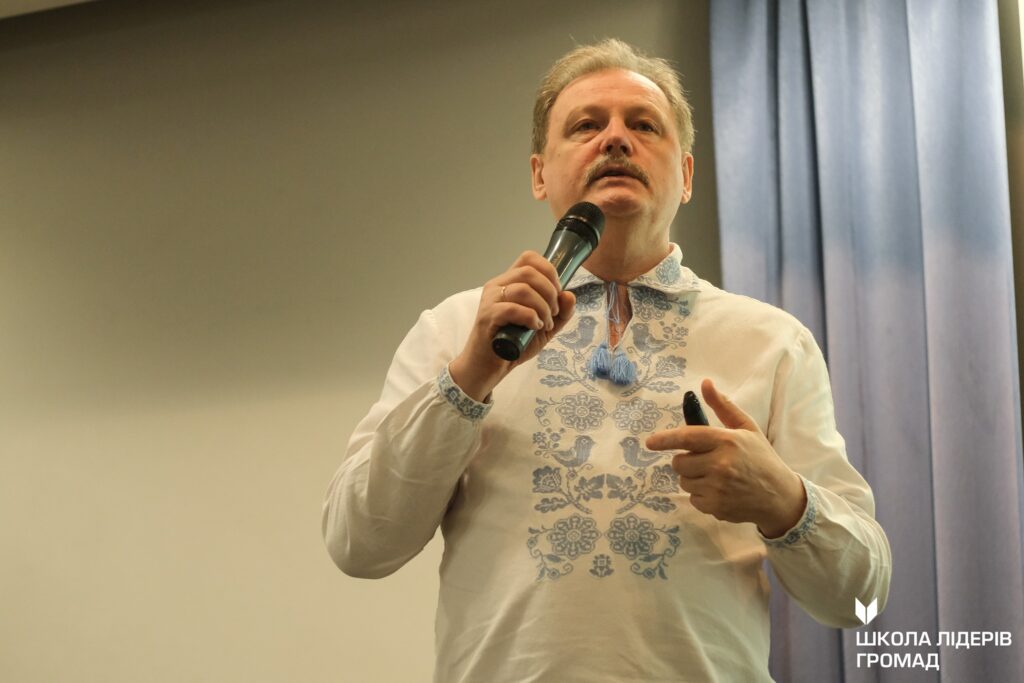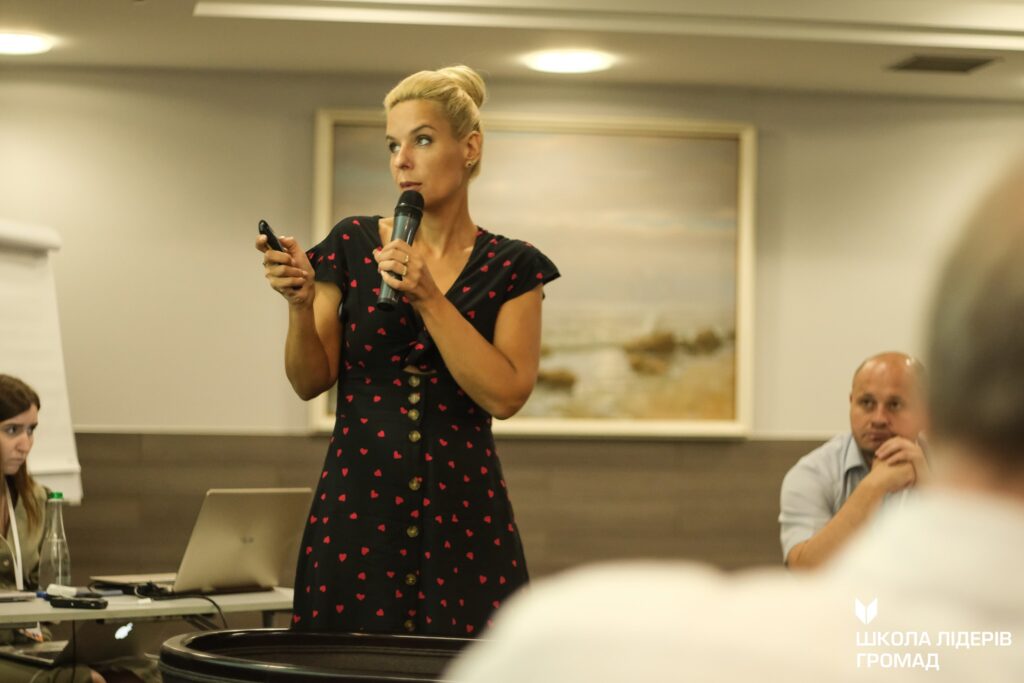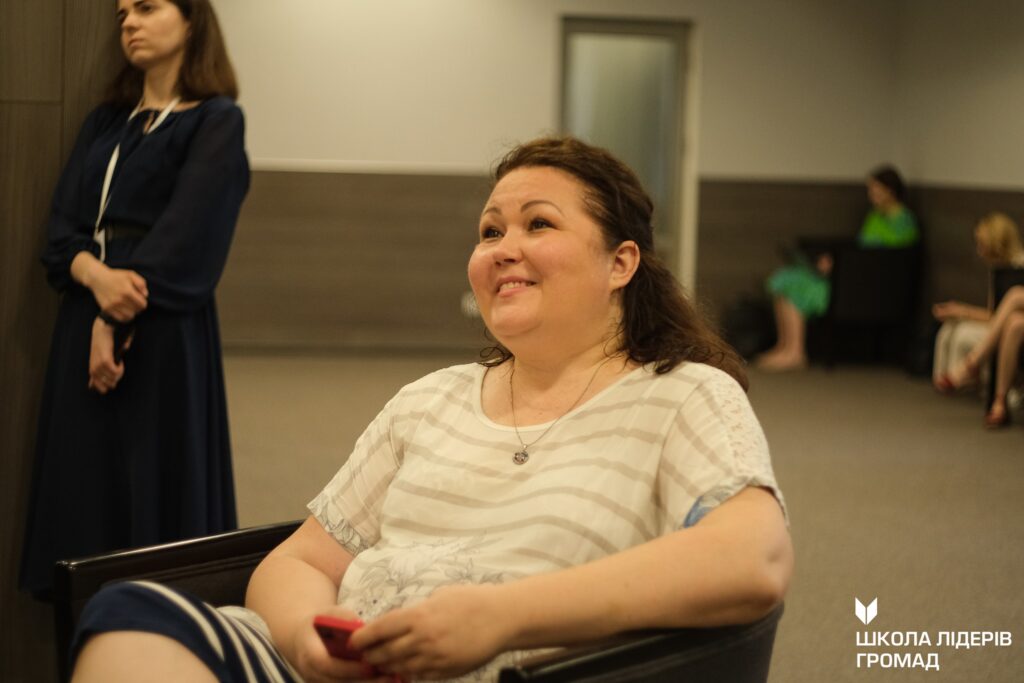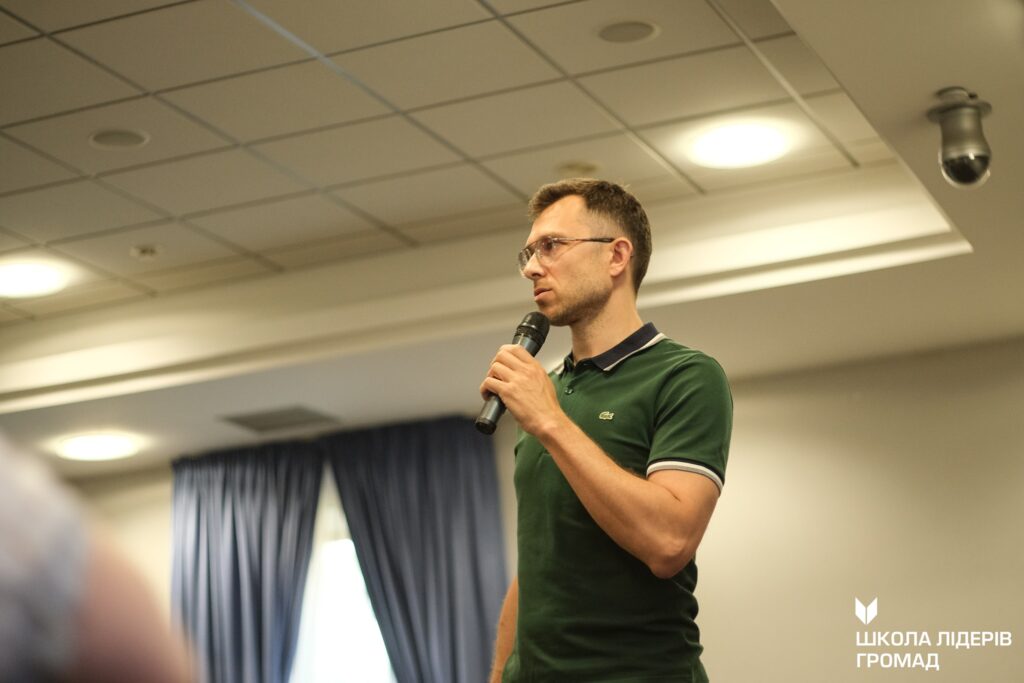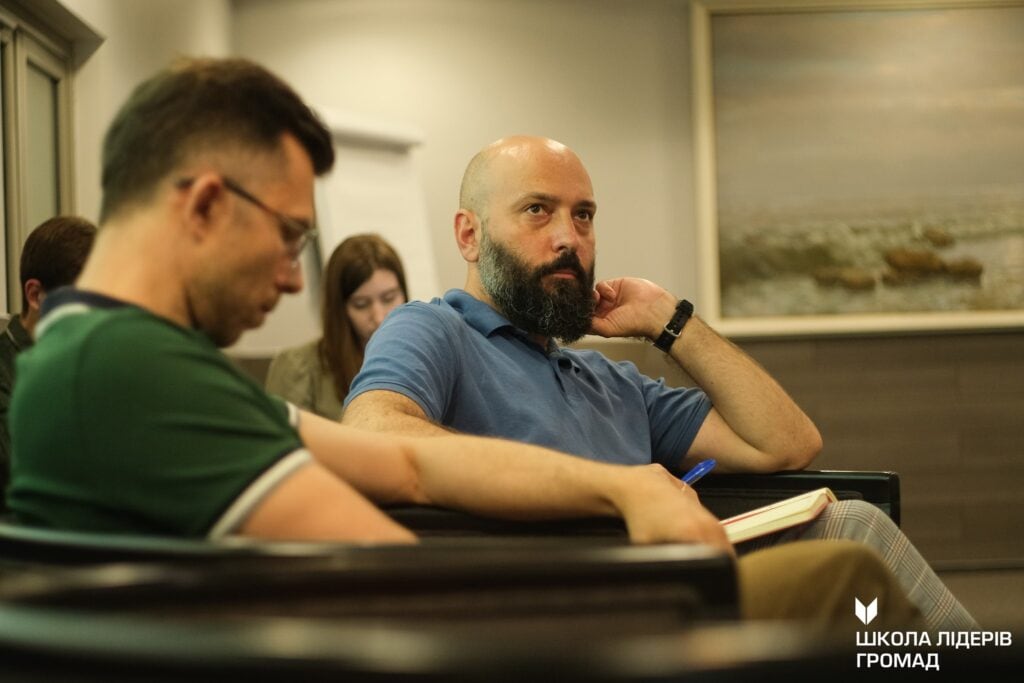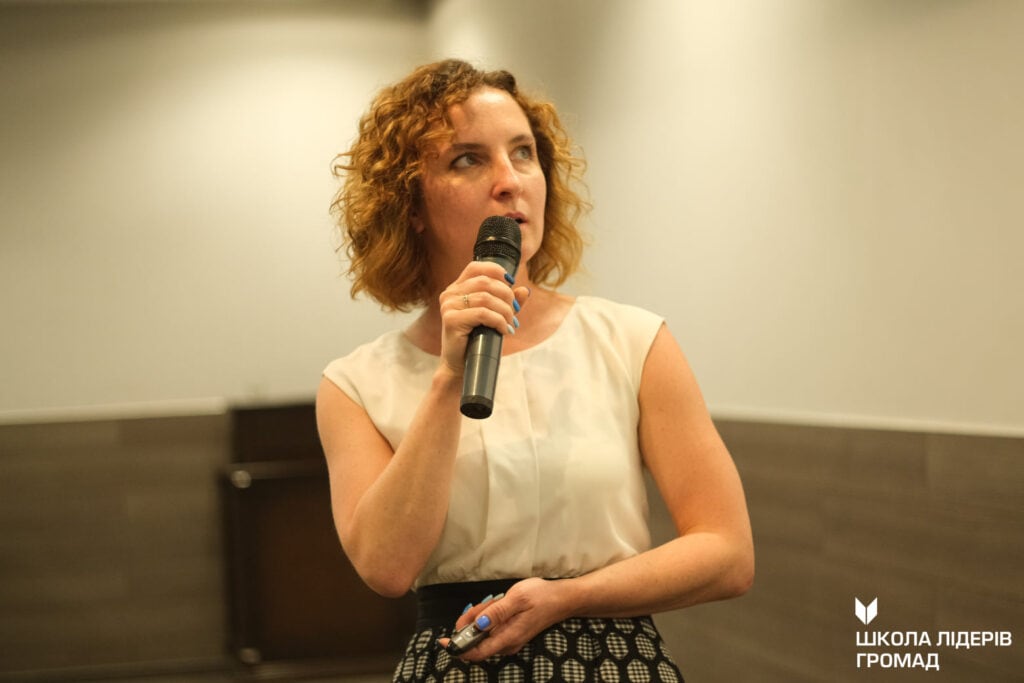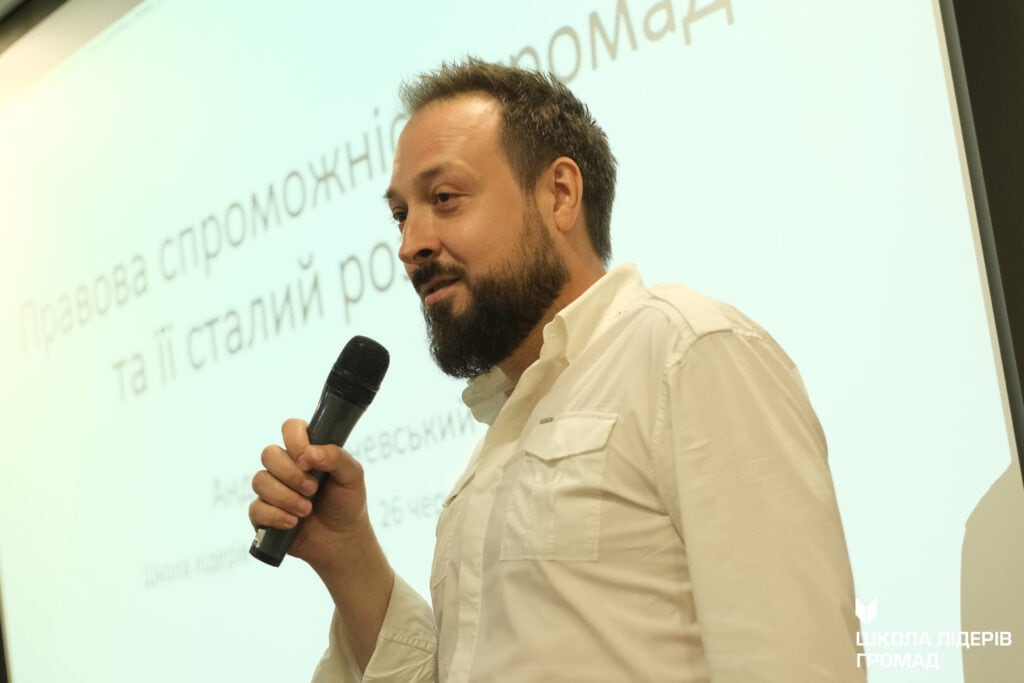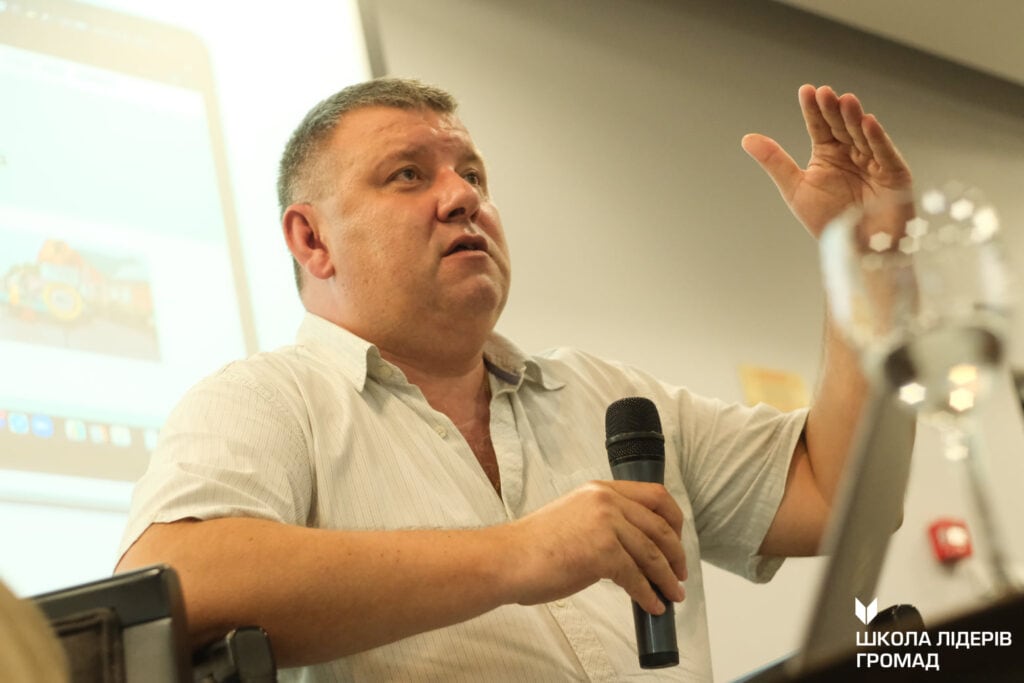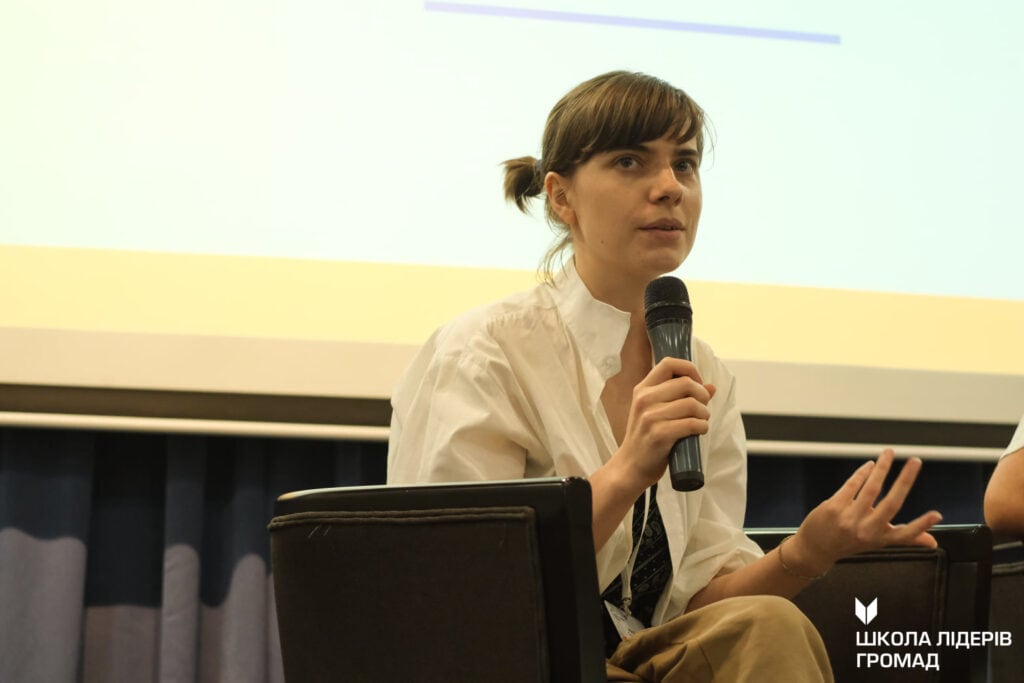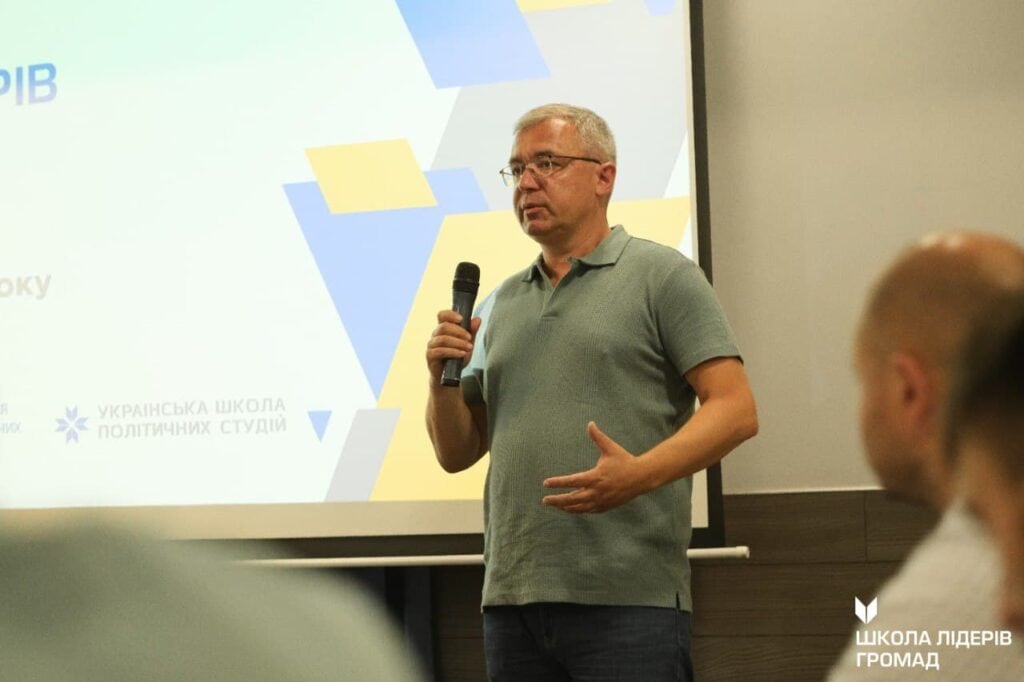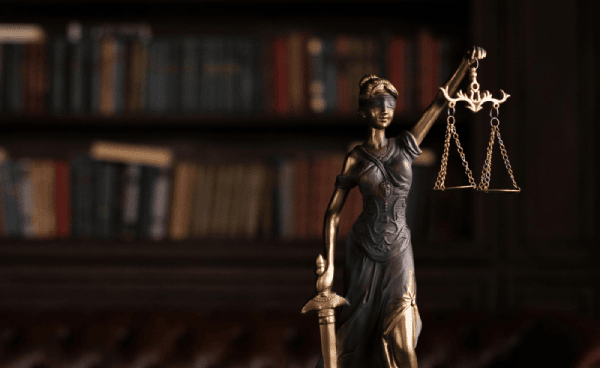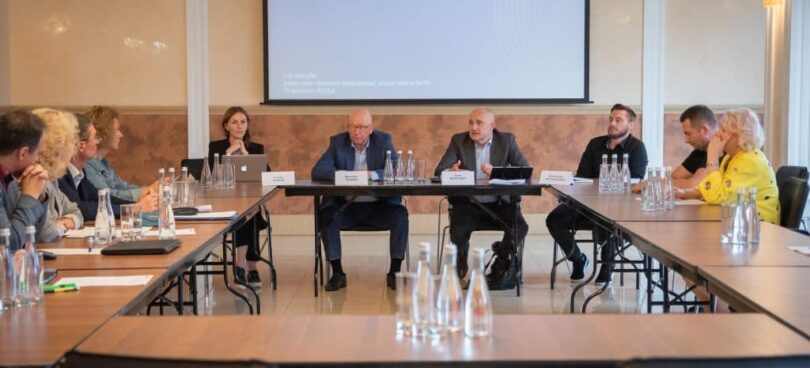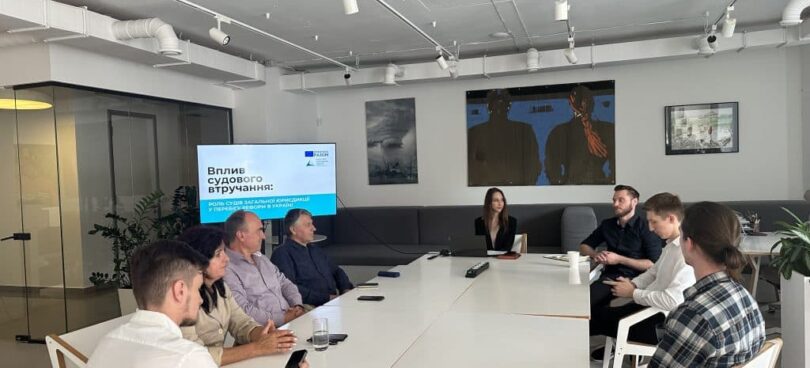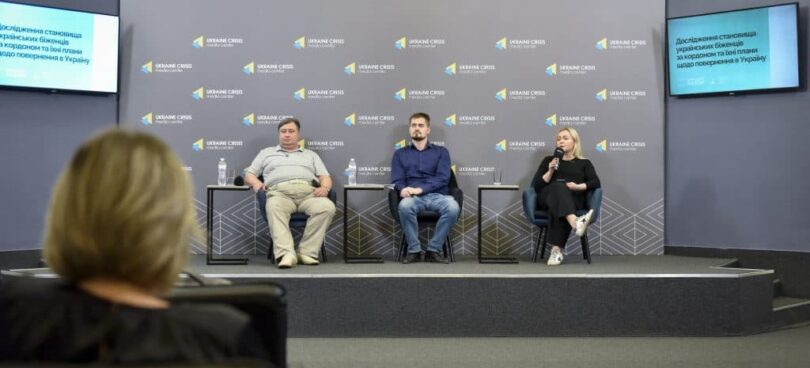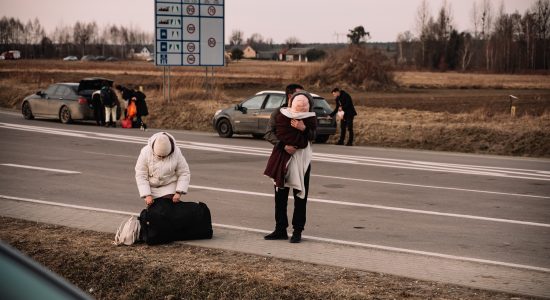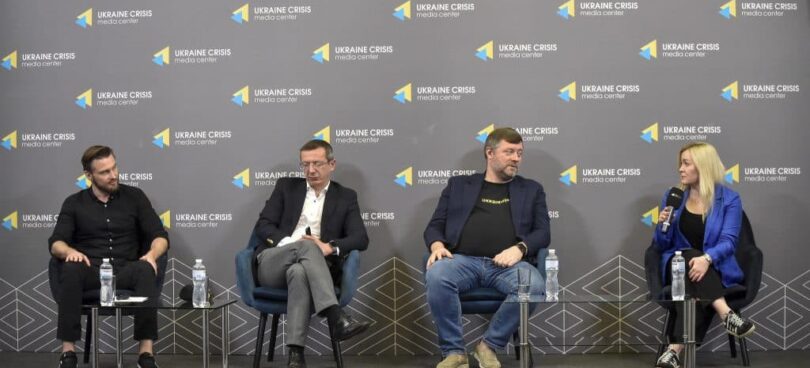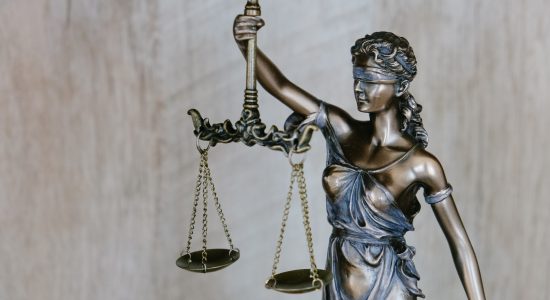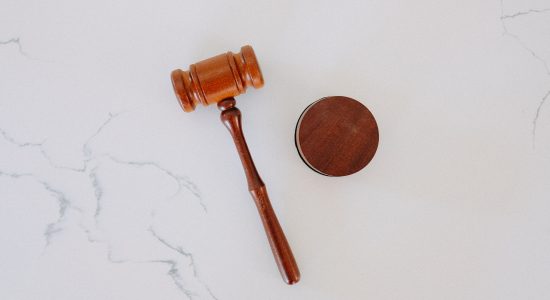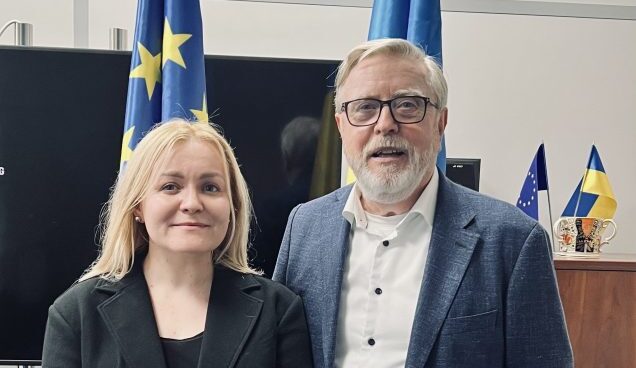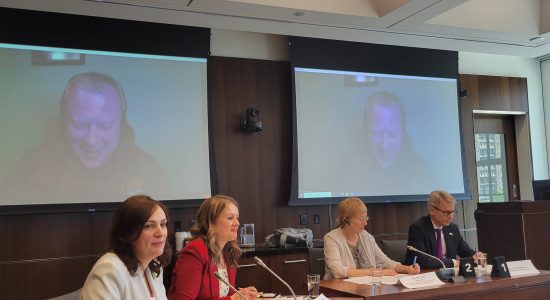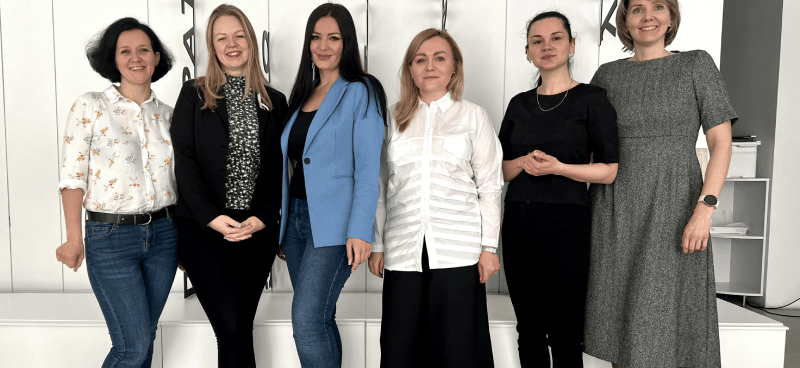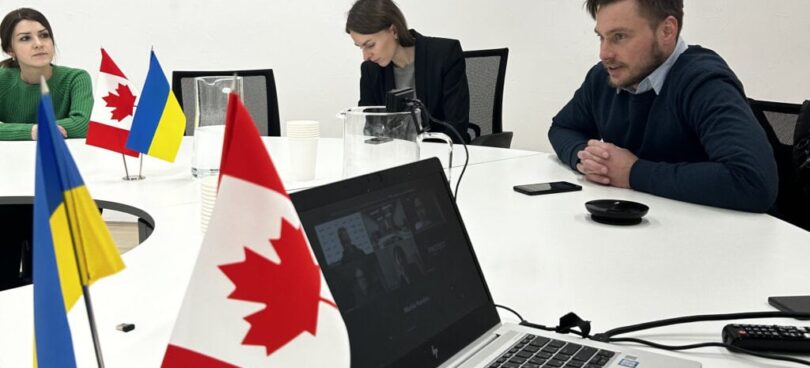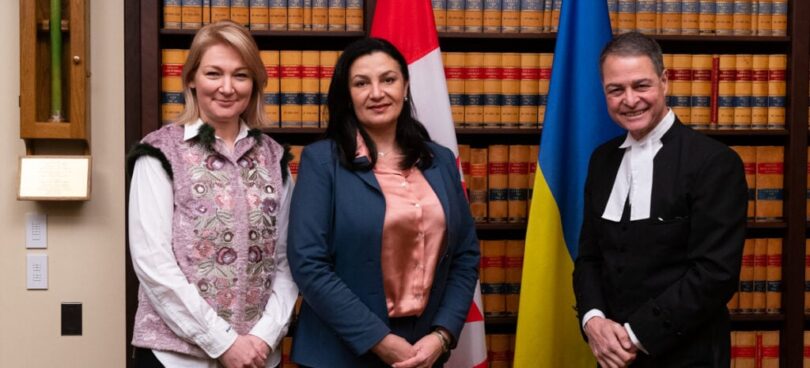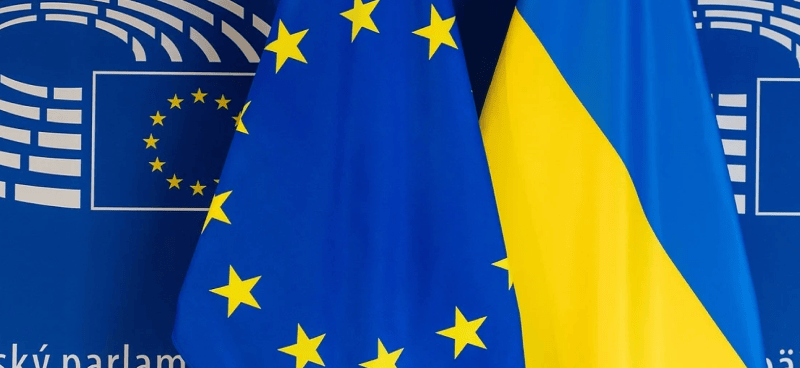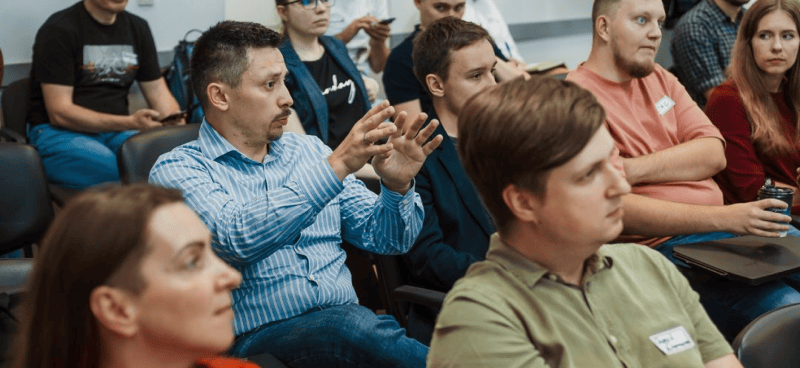The School of Community Leaders began its work on June 24. 29 local government representatives, community leaders, civil society representatives, and volunteers joined our community.
Svitlana Matvienko, Executive Director of the Agency for Legislative Initiatives, congratulated the participants on opening the School of Community Leaders. She stressed the extraordinary value of civic education in general. Projects such as the School of Community Leaders are the seeds of concrete action and real steps for change throughout Ukraine. The School of Community Leaders aims to push Ukrainian communities to change and provide them with the necessary knowledge to implement these transformations.
Political Saturnalia: Carnivalization of Politics in the Postpolitical Age
The School participants immediately plunged headlong into learning, and Ivan Gomza, Candidate of Political Science, Associate Professor, Head of the Department of Public Administration at the Kyiv School of Economics, helped them with this. He held a discussion about political saturnalia and what to do when politics turns into a carnival? In politics, there is no division into good and bad, there are facts. Today, the fact is that carnivalization of politics is a global trend: when “clowns” and “pseudo-politicians” come to power, and the political process turns into a show. Is there a danger in this? Certainly. But this is the reality in which we live. And there are opportunities in it too.
Decentralization reform and local self-government
The reform started rapidly and received support at home and abroad. However, in its implementation, naturally, difficulties arose: the decentralization of power dictates us the need for sectoral reforms – in education, medicine, culture, sports, civil protection, and security. Without accompanying reforms, decentralization loses its meaning.
Today, decentralization has lost its priority for the Government and is not going according to the vector as originally planned. But this does not mean that it should not be continued or rethought further action plan. Ukraine needs strong self-government and successful communities. This is how Oleksandr Khoruzhenko, Deputy Chairman of the Board of the Agency for Legislative Initiatives and an expert on local self-government, describes the reform.
Political responsibility and responsible policy: fair elections, good governance and responsible management of public finances
Why are the citizens in democratic societies mostly dissatisfied with representative authorities? Will the reform of the election legislation consider the interests of local self-government and what to do about it? To what extent is political corruption the norm? The discussion panel participants discussed all these issues with the Chairman of the Board of the International Renaissance Foundation and the Chairman of the Board and Coordinator of Political Programs of the OPORA Civic Network Olga Aivazovska.
Elections and political indifference of voters, use of administrative resources for “dirty game”, subventions for socio-economic development of territories, and problems with political parties in the regions – participants of the School spent the whole evening in an active dialogue and exchanged experiences and interesting cases on these topics.
Health care reform in Ukraine. The impact of the pandemic on the implementation of the second stage of medical reform.
Health care reform always raises many questions for people, especially in the regions, because it has started well not everywhere. Therefore, it is important to communicate to community leaders what changes are needed in the health care system and what can be done to save people on the ground – in the pandemic and beyond – and provide quality health services to community members.
Oleg Petrenko – the first head of the National Health Service of Ukraine (2018-2019), an independent director of strategic development in the medical network “Dobrobut”, an alumnus of the 2006 USPS program, told the participants about the beginning of the reform, the concept of health care development, and the importance of strong institutions. How health care is financed, what are the difficulties in carrying out the reform, and how people are fighting to keep unprofitable and inefficient hospitals – participants could talk about all this with the person who was at the origins of the reform.
Kateryna Bulavinova, a doctor, pediatric infectious disease specialist, and medical expert at the United Nations Children’s Fund (UNICEF Ukraine) in Ukraine, took the discussion to a more practical level. She told participants about the punctures during the COVID-19 pandemic, the maintenance and provision of hospitals on the ground, and medical infrastructure in general.
Breakthrough strategy: how communities can master the wave of “creative destruction”
Why is the community the third pillar, and how have innovation, education, and entrepreneurship been the drivers of productivity growth? The answers to these questions were given by the founder of the proryv.in.ua think tank, a member of the Supervisory Board of the Institute of the city, the Minister of Economic Development and Trade (February-September 2014), Pavlo Sheremeta. Using the examples of the Eastern countries, he told how to move from constant stagnation to constant prosperity and explained the specifics of the development of the Ukrainian economy through the prism of culture and demography.
The discussion continued on whether there would be further damage to business from the pandemic and how the Ukrainian economy could catch up with its western neighbors. Hlib Vyshlinsky, Executive Director of the Center for Economic Strategy, explained the structural changes that have taken place since the start of quarantine and how the pandemic has affected the economy as a whole. He also spoke about the “Great Construction”, low level of investment, prospects for Ukrainian GDP growth, and the role of human capital in economic development.
Continuation of the reform of the general secondary education system
How is the education reform going, and is the “New Ukrainian School” concept being implemented in the regions? What to do with schools? And what is more important – the quality of education or logistics of schools? We talked about all this and more with the Educational Ombudsman Sergii Gorbachov and the co-chair of the public association PARENTS SOS, an alumnus of the USPS 2016 program Alena Parfenova.
To ensure quality education, it is necessary to reorganize the educational network and establish communication with communities. Education is a large infrastructure system that is difficult to optimize due to several problems. One of them is the staffing problem. Often, principals or field officials are more preoccupied with solving infrastructure problems than managing the educational process. However, the situation has changed due to the pandemic. The beginning of quarantine drew the attention of educators to the need for changes in distance education and providing schools with high-speed Internet and technology. However, this is not enough to implement effective education management in communities.
Environmental policy of communities: how to preserve an environmentally safe environment for your community
The right to safe life and environment is enshrined in the Constitution of Ukraine. And the topic of environmental protection is more relevant than ever, so this year’s program pays much attention to the development of local environmental policy and its integration into the community development strategy. The environmental discussion panel consisted of two dimensions: theoretical and practical. For the first of them responsible was Olena Maslyukivska, associate professor of ecology at the National University of Kyiv-Mohyla Academy, a 2008 alumnus of USPS, who told the participants about the most pressing environmental issues and how to prioritize the sequence of their solutions in communities properly.
In the more practical part of the discussion, the two experts shared their own cases on implementing change and improving the quality of the environment of their own cities. Artem Myrhorodskyi, CEO of GreenAge, CEO of BioBin, a 2007 alumnus of USPS, spoke about waste recycling and his successful experience of how a socially important business can not only benefit people but also be monetized. And Artem Romaniukov, the co-founder of Saveecobot, director of SaveDnipro, a 2018 alumnus of USPS, spoke about the problems he faced during the struggle for clean air in his hometown and how communities can improve local air quality on their own.
Aesthetics and architecture. Influence on consciousness
Why is it important to organize the space in which you live and how it affects people’s quality of life and consciousness, how to make “buildings for people, and not people for buildings”? Is there a connection between architecture and democracy? And how do aesthetics and architecture affect consciousness? Participants were able to talk about all this with the architect, Deputy Chairman of the Architectural Chamber of the National Union of Architects of Ukraine, founder and CEO of the Architectural and Design Group Anna Kyrii, an alumnus of USPS 2016 program Anna Kyrii.
Ukraine inherited many authoritarian “political” buildings from the Soviet Union. Rebuilding the past for a new quality of the future, creating “transparent” institutions, and comfortable and aesthetic spaces for people, thereby raising the level of culture of citizens – a new symbolic task for all of Ukraine and communities in particular.
Legal capacity of the community and its sustainable development
The legal capacity of a community is one of the fundamental aspects of its development. But how to strengthen it and give communities access to justice?
MPP (Oxon), lawyer, director-founder of the national system of free legal aid, Deputy Minister of Justice of Ukraine (2012-2017), Honored Lawyer of Ukraine, and Chairman of the Board of Transparency International Ukraine Andriy Vyshnevsky told the participants about the concept of two types of justice, the impact of decentralization on access to justice and meeting the legal needs of citizens.
The level of dissatisfaction with legal needs in Ukraine is high. This is partly due to the fact that communities do not identify legal problems and ignore their solution. At the same time, unmet legal needs fuel the cycle of decline and slow down community development.
Tools of democratic influence
In order to develop democracy, it is necessary to involve citizens in the decision-making process. However, how can local governments become closer to the people in the digital age? The participants talked about this with the coordinator for digitization of the regions of the Swiss-Ukrainian EGAP program implemented by the Eastern Europe Foundation, Serhiy Hunko. The expert told the participants how to change the process of providing services, digitize paperwork and why the digitalization of business and the state is important for public participation.
The second part of the discussion concerned more traditional tools that the Agency for Legislative Initiatives has long been “lobbying” in Ukraine. Maria Sokolova, an analyst at the Agency for Legislative Initiatives, shared the insights and mechanisms for conducting a social audit and a Town Hall Meeting with participants.
Social audit is an effective means of ensuring government accountability through the study of the opinion of the final recipients of the service or public policy. Simply put, it is a way to verify compliance with government obligations. Another tool introduced to the participants was the Town Hall Meeting – an informal public gathering of residents of a certain area. Discussed the mechanisms of holding meetings and their scenarios. And, of course, shared the experience of the meetings already held.
Closure of the School of Community Leaders
The first session of the School of Community Leaders was closed by Oleksandr Sushko, a Ukrainian political scientist and public figure, executive director of the International Renaissance Foundation, an expert in international relations and civil society development.
Democracy starts from the bottom. A mature democracy cannot be established without a stratum of people who have both values and practical knowledge of how to implement it. We need people who know how to work with people, gain trust and have managerial skills. Community leaders are just such people. Thanks to such leaders, people get a sense of involvement, and then a real democracy is formed. Real democracy is not to come and vote once every 5 years. It is to be a constant participant in a certain process, which forms the background of the state.
The answer to the question of whether Ukraine has chosen the right course is formed on the ground. Course on decentralization, on local self-government. And local leaders are the number one human resource for public administration at the national level. With these words, Oleksandr Sushko congratulated the participants on the completion of the first session.
This year we will continue to work with communities in the format of environmental mentoring. Each of the participating communities will receive a separate mentor to help them address pressing environmental issues.
Meanwhile, the selection of environmental mentors who will have separate training is underway.
The School of Community Leaders is a program of the Ukrainian School of Political Studies and the Agency for Legislative Initiatives, which is implemented with the support of the International Renaissance Foundation.
